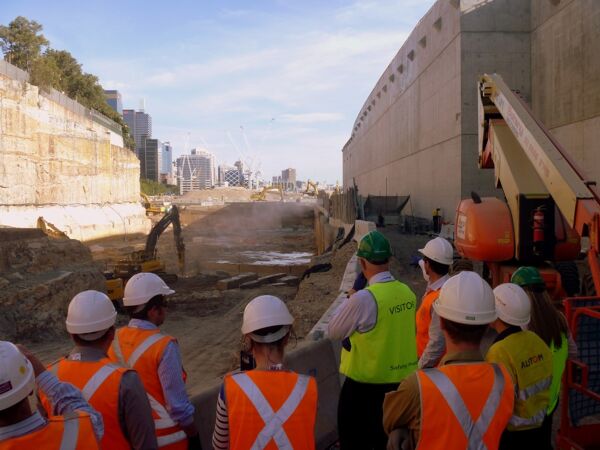
ICE Training is pleased to present a new training course proposal on Spotting and Reducing the Cost of Fraud in the Built Environment. We are looking for expressions of interest while we finalise the course details. Feedback on the proposal is also welcome.
Please review the information below and, if this is something of interest, please contact Jane Sweetman: jane.sweetman@icetraining.org.uk. If you do, you will be added to an early-bird contact list and be entitled to a 10% discount on the first training course date if the course is scheduled.
Background
The Institution of Civil Engineers (ICE) has a Code of Professional Conduct which applies to all its members irrespective of their grade, professional role and countries in which they practice. The Code requires its members to behave ethically and not be involved in any ‘bribery, extortion, fraud, deception, collusion or any other corrupt activity.’ The Code also requires its members to report any corrupt activity and for senior managers to properly investigate it. The Code applies to all aspects of members’ professional lives, and not just direct involvement in engineering matters. Basically, we need to step up to the plate for the integrity of our businesses and our professions. Fraud and corruption is too important a subject to leave to just the accountants and lawyers, or to be caught out late in the day by regulators.
In its widest sense fraud and corruption could be said to be “any deliberate and unethical action done by anybody, internal or external, which destroys value and harms an organisation’s value, profits, reputation and culture”. We know that there is a lot of it around, and questions are often asked about the reasons for escalating costs in some large-scale infrastructure projects, but the question remains: Who should be detecting it and dealing with it?
In the past the answer to this question has been ‘Leave it to the accountants and external auditors as this is their job.’ However, is it solely their responsibility? Are you fulfilling the requirements of the ICE Code of Professional Conduct by simply referring the situation to another team in your company or an external consultant specialised in this area?
This course is for civil engineers and other professionals working in the built environment at all levels, who believe in an ethically healthy workplace, and to practice this through ensuring fraud and corruption are identified and dealt with early, for the sake of not only their projects but the agility and robustness of the organisations for which they work. The goal is to develop a “healthy curiosity”, find indications and warning signs as early as possible and follow them through efficiently, instead of relying on whistle-blowers, or waiting for the story to break in the media. Over the past few decades, civil engineers have fully incorporated technology, health and safety, sustainability, commercial and policy issues into their day-to-day projects and business culture and not treated them as specialist areas. Indeed, these issues have since become attributes against which candidates seeking membership of the ICE are assessed. We believe fraud prevention should be dealt with in the same way due to the significant cost impact of fraud and corruption. When we work together, everyone can and should be a Fraud Detective!
Learning Objectives
You will learn how to:
- Identify where fraud and corruption are most likely to happen in the project on which you are working or the organisation you care about
- Spot the early warning signs of fraud and corruption which often are hidden in the details of reports, drawings, specifications, transactions and other documents and data
- Interpret and understand the signals in an efficient and non-disruptive manner
- Recognise fraud early and share this knowledge with your colleagues
- Resolve or help your management or project team resolve fraud and corruption in a sustainable and timely manner
This course is highly practical using realistic scenarios, documents and drama. The experienced instructors have a proven track record and several years of experience of detecting and resolving fraud and corruption early. Each course attendee will also be provided a copy of the book ‘How to Find Fraud and Corruption - Recipes for the Aspiring Fraud Detective’ (Routledge 2020) by Nigel Iyer.



